Description
ABSTRACT
Central Bank of Nigeria 2016 Guidelines for Banking Operations in the Free Zones: Need for Caution
Joseph Onele*
In February 2016, the Central Bank of Nigeria (CBN) released the Guidelines for Banking Operations in the Free Zones in Nigeria 2016 (CBN Guidelines) to regulate banking operations in the free zones. It is argued that the CBN’s approach is lawful, in the sense that any bank which desires to carry out banking operations in any Free Trade Zone (FTZ) would now, in addition to the FTZ authorisation from Nigeria Export Processing Zones Authority, require banking license from the CBN. To the contrary, it is contended that the CBN cannot, by mere guidelines, declare that banks carrying on business in the FTZs are no longer branches of Nigerian banks but full-fledged separate businesses. This article examines these views in the light of existing legal framework in Nigeria. The article recommends that the CBN acts within the exact ambit of its powers under the law to avoid its actions being declared ultra vires its powers.
INTRODUCTION
On 2 February 2016, the Central Bank of Nigeria (CBN) released certain Guidelines to regulate banking operations in the Free Zones in Nigeria titled “Guidelines for Banking Operations in the Free Zones in Nigeria 2016” (CBN Guidelines). Essentially, the CBN Guidelines aims to: (a) complement and enhance the provisions of the Free Zones (FZs) Acts; (b) provide details of regulatory and supervisory requirements necessary to promote efficient and sustainable banking services in Nigeria’s FZs; (c) spell out details of permissible and prohibited activities of banks in Nigeria’s FZs; and (d) provide details of incentives available to banks in Nigeria’s FZs.
No sooner had the CBN Guidelines been released than two schools of thought emerged. While proponents of the first school of thought argue that the CBN’s approach is eminently sensible, in the sense that any bank which now desires to carry out banking operations in any Free Trade Zone (FTZ) would require banking license from the CBN, in addition to the FTZ authorisation from the Nigeria Export Processing Zones Authority (NEPZ Authority),1 proponents of the second school of thought contend that: (a) the CBN cannot, by mere guidelines, declare that banks carrying on business in the FTZs are no longer branches of Nigerian banks but full-fledged separate businesses and; (b) that the spirit of NEPZA, if not the letters, do not support this “seemly-innocent-good-intention” of the CBN, as argued by the proponents of the first school of thought.2 Whilst it is not within the scope of this article to go into the jurisprudence for establishing FTZs, it is useful to note that the aspiration of every FTZ is to enhance global market presence by attracting new business and foreign investments.3
* LL.B(Ibadan) First Class Honours, BL.(Hons). Legal Practitioner at Olaniwun Ajayi LP, Lagos.
- This school of thought has equally argued that the Corporate Affairs Commission (CAC)/NEPZA would do well to adopt the same approach for other FTZ entities.
- The two schools of thought emerged at an internal discussion held at Olaniwun Ajayi LP, a top tier law firm where the author works as a Legal Practitioner.
- Oluwakemi Oke, ‘A Reflection on the Power of the Central Bank of Nigeria to regulate banking in Free Trade Zones’ accessed 18 July 2017.

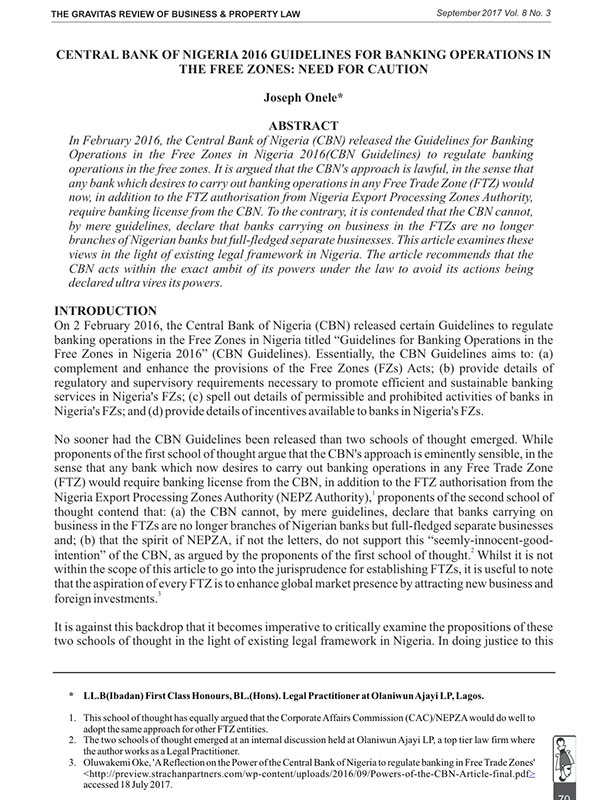
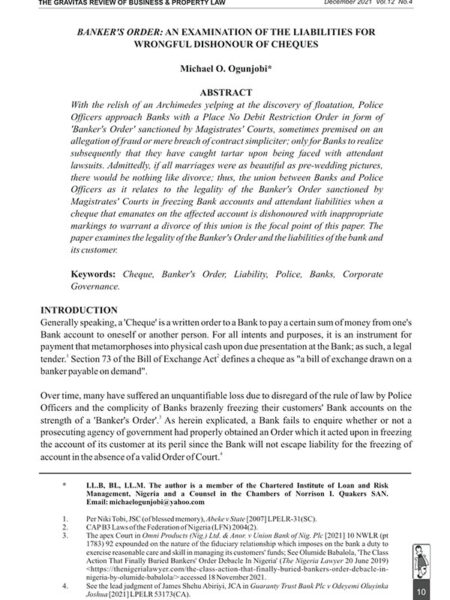
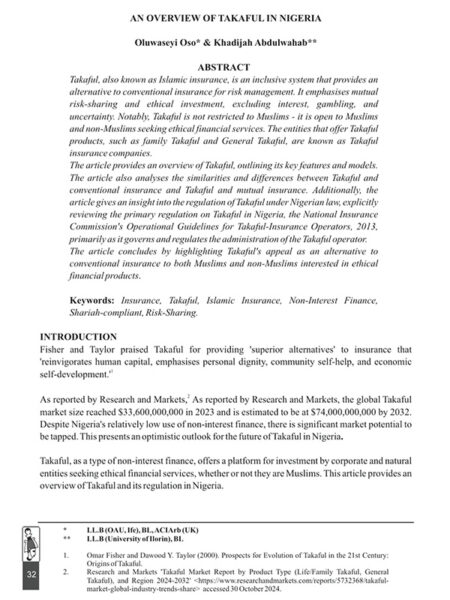
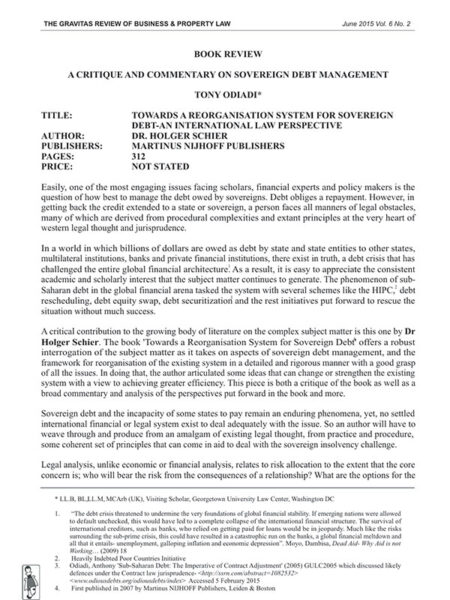
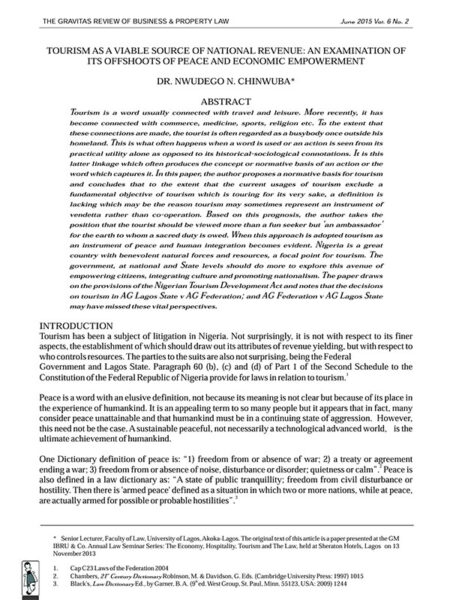


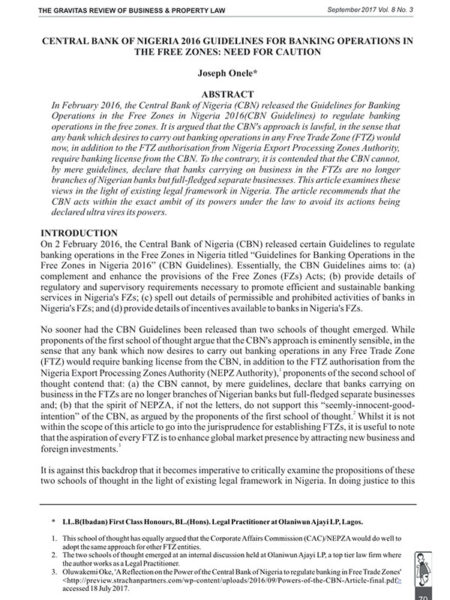
Reviews
There are no reviews yet.